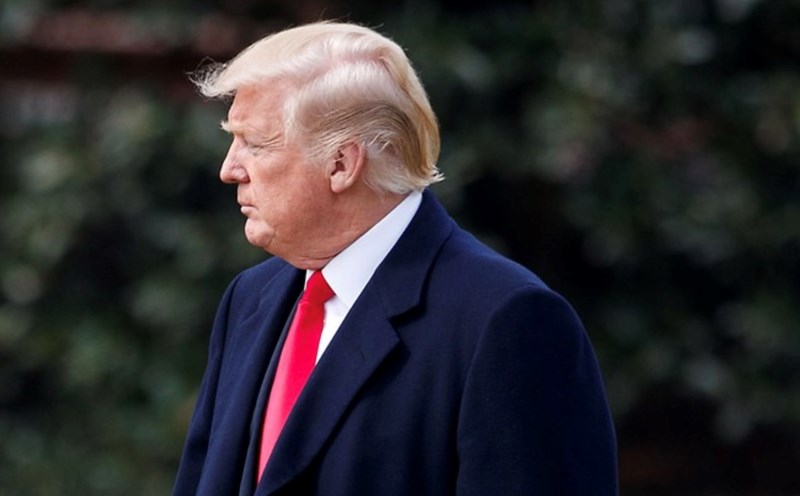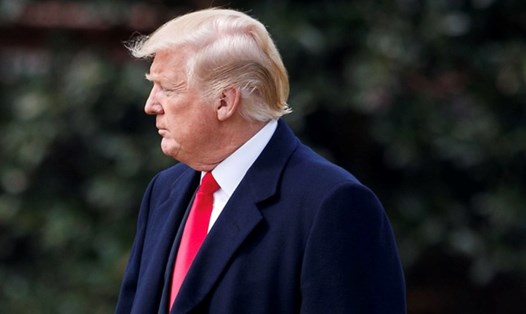The European Union (EU) plans to approve the first package of retaliatory measures, taxing up to $28 billion in imports from the US, from dental fires to diamonds.
According to Reuters, this move could bring the EU alongside China and Canada in retaliation, escalating the risk of a global trade war and slowing economic growth.
From April 9, the EU will face a 25% import tax on steel, aluminum, cars and a counterpart tax of 20% on almost all other items. These tariffs affect about 70% of the EU's export value to the US, equivalent to 532 billion euros last year. Items such as copper, pharmaceuticals, semiconductors and wood are also expected to be on the next tax list.
The European Commission, the EU's trade policy coordinator, is expected to submit a list of US products subject to additional tariffs to member countries by the end of April 7. This list includes meat, cereals, wine, wood, clothes, rubber candy, toothpaste, vacuum cleaner and toilet paper.
One item that attracts attention is bourbon. The EU has proposed a 50% tariff on the commodity, threatening Trump to impose a 200% tariff on EU alcoholic beverages. Wind exporters such as France and Italy have expressed concerns about the potential impact. However, the EU is determined to ensure that its response receives widespread support to maintain the pressure of forcing Mr Trump to sit at the negotiation table.
Europe has also held its first EU political meeting since Mr Trump announced a series of new tariffs, with the participation of trade ministers from 27 member countries. The goal is to send a consistent message: willing to negotiate to remove tariffs, but also ready to retaliate if progress is not achieved.
Internally within the EU, reactionary views are still scattered. France has proposed a broader package of tax measures and called on European businesses to stop investing in the US until the situation is clear. Ireland called for a reasonable and calculated response, while Italy questioned whether the EU should retaliate.
Commercial Commissioner Maros Sefcovic described the two-hour meeting with the US side as "fair," while asserting that US tariffs were "harmful and unreasonable." The EU's retaliatory measures will be voted on on on on 9 April, expected to be approved unless there is an objection from 15 members representing 65% of the EU population.
They will take effect in 2 stages: a small part from April 15 and the rest will take effect 1 month later. European Commission President Ursula von der Leyen will also hold a separate meeting with leaders of the steel, automobile and pharmaceutical industries to assess the impact and further orientation.











